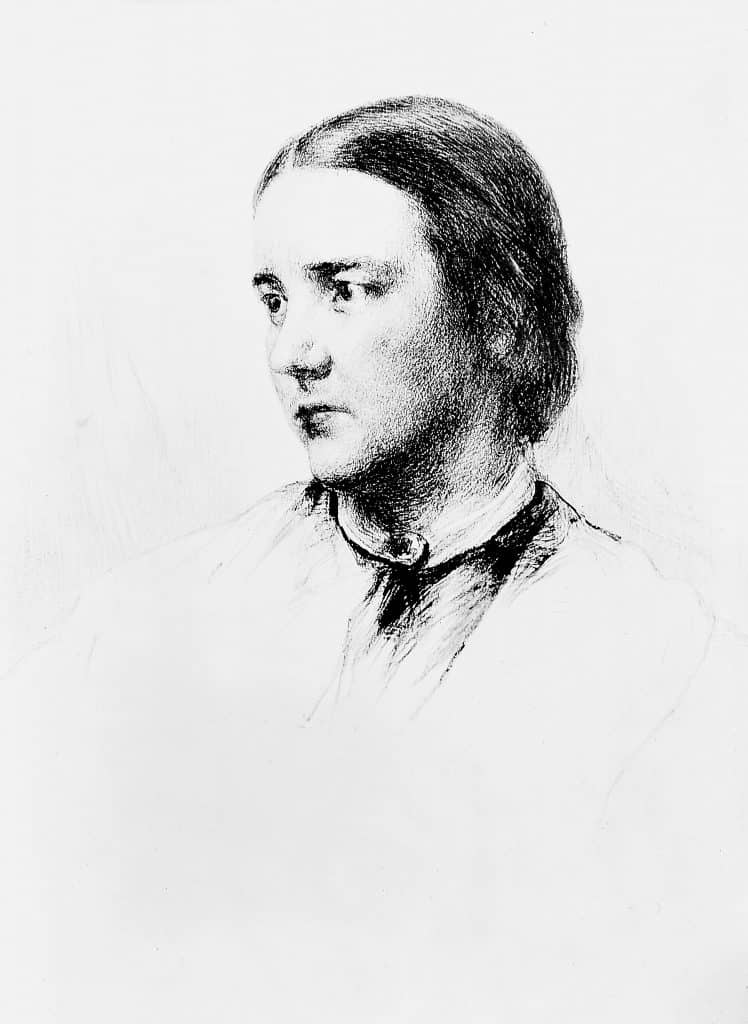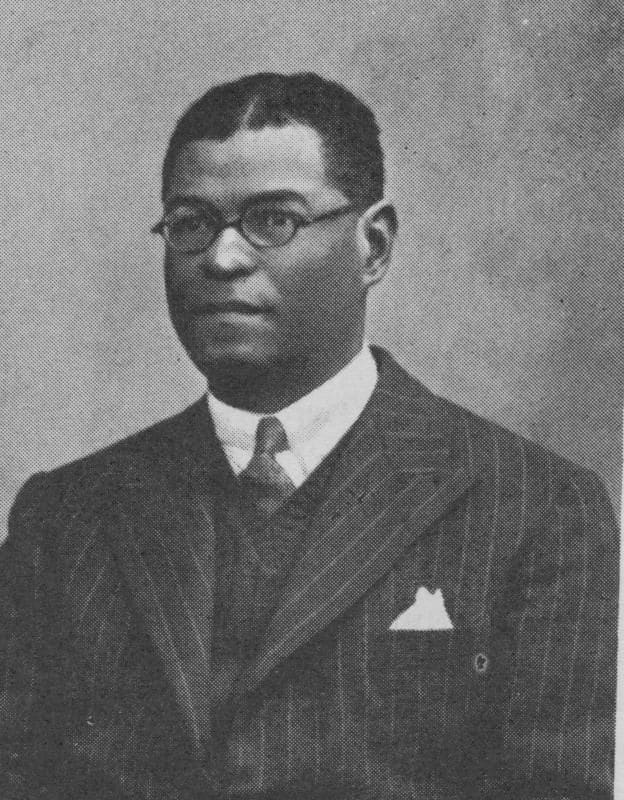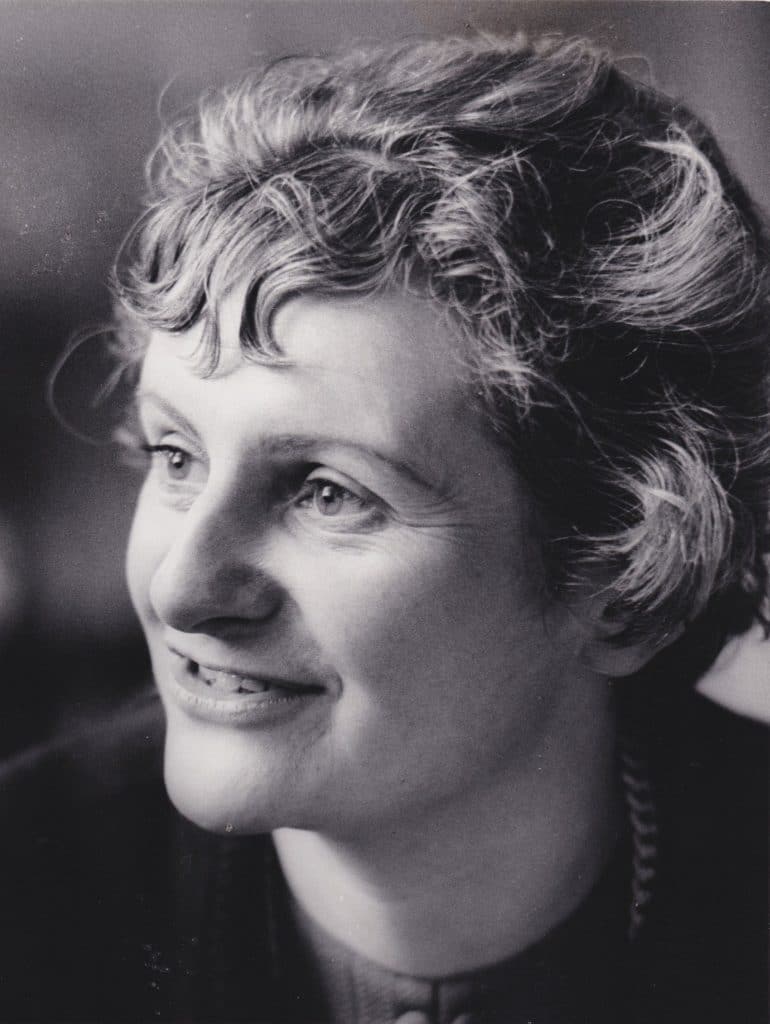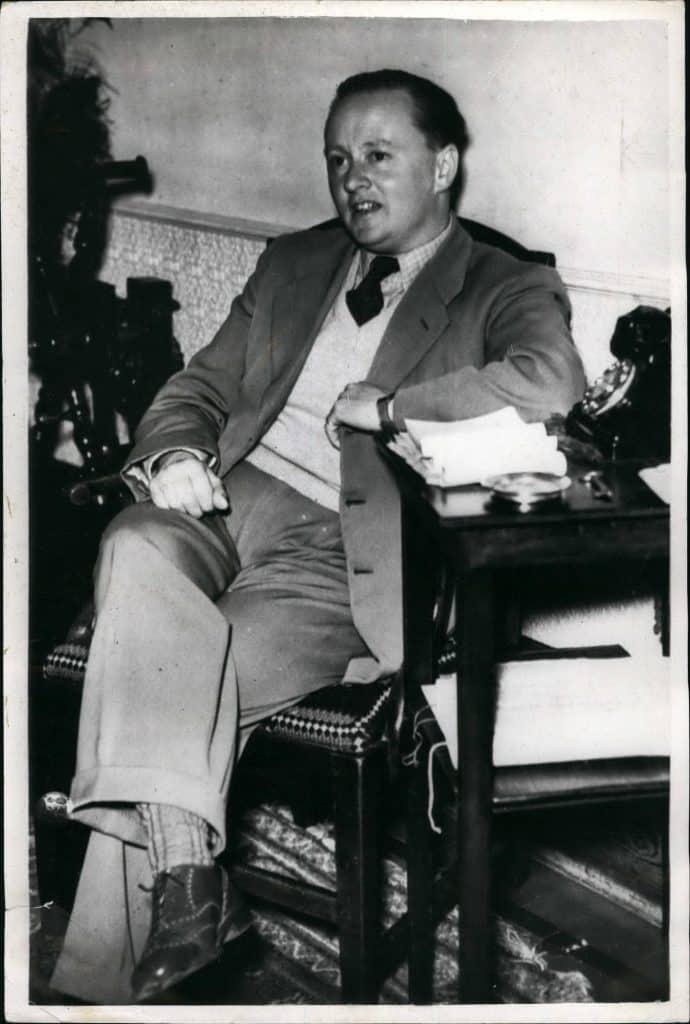In celebration of LBGT+ History Month – the theme for this year being Medicine – we’re highlighting LGBT+ peoples’ contribution to the field of Medicine and Healthcare both historically and today. Here, lgbtplushistorymonth.co.uk have provided us with a few historical figures who paved the way for LGBTQ+ people in STEM today.
Sophia Jex-Blake
Medical education for women
21 January 1840 – 7 January 1912

Sophia Jex-Blake was an English physician who was one of the first women to study medicine in the UK, campaigner for women to access medical education and the founder of two medical schools for women (in London in 1874 which she established while still studying and in Edinburgh in 1886).
Jex-Blake travelled to the United States to learn more about women’s education and while there, she met Dr Lucy Ellen Sewell who was one of the country’s pioneer women physicians. Whilst working with her, she was inspired to become a doctor and with Susan Dimock, applied to study at Harvard Medical School – both were rejected.
Following this she applied to study medicine at the University of Edinburgh in 1869. She was rejected by the university court who argued that they could not make the arrangements ‘in the interest of one lady’. Through Scottish national newspapers, she called for more women to join her and a second application was submitted for five women. This application was accepted with two more women joining later, and the group became known as the Edinburgh Seven.
The group of women faced hostility at the university, including letters, having fireworks attached to their front door and what was known as the Surgeons’ Hall riot. Influential members of the faculty persuaded the university to stop the women from graduating and in the end, their degrees were withdrawn. Many of the women completed their studies at European universities and Jex-Blake was awarded her medical doctorate by the University of Berne in 1877.
Jex-Blake opened an outpatient clinic shortly after starting practicing medicine in Edinburgh. This outpatient clinic eventually became the Edinburgh Hospital and Dispensary for Women, Scotland’s first hospital for women staffed entirely by women.
Sophia Jex-Blake was in a relationship with Scottish doctor Margaret Todd. After Jex-Blake died, Todd put together her biography, The Life of Sophia Jex-Blake.
References:
- https://en.wikipedia.org/wiki/Sophia_Jex-Blake
- https://www.ed.ac.uk/equality-diversity/celebrating-diversity/inspiring-women/women-in-history/sophia-jex-blake
- https://fisher.library.utoronto.ca/fisher-blog/queer-women-history-medicine-sophia-jex-blake-and-womens-medical-education-victorian
Cecil Belfield Clarke
District Medical Officer & International Medical Advisor
12 April 1894 – 28 November 1970

Cecil Belfield Clarke was a Barbadian-born physician. He won a scholarship to study Natural Science at St Catherine’s College, Cambridge University in 1914 (which involved travelling across the Atlantic during World War I). He completed his medical training at UCL and opened a medical practice in Elephant and Castle in London. The medical practice stayed open throughout World War II, despite the heavy bombing of the Elephant and Castle area.
He practiced medicine for nearly 50 years. By 1936, he became a District Medical Officer and was the only Black man to hold this post in London County Council at the time. In the 1950s, he was elected to the British Medical Association’s Council as a representative for the West Indies and appointed as a Medical Adviser to the newly-independent government of Ghana. He also served on the Colonial Advisory Medical Committee for many years.
Clarke developed a way to calculate the correct dosage of medicine for children aged 2-17, known as Clark’s rule (note that this name has been spelt incorrectly). In 1952, he requested for St Catherine’s to establish a prize for outstanding performance in Biological Natural Sciences Tripos examinations, in which this prize is now called the Belfield Clarke Prize.
He was also a leader for racial equality. He was one of the founders of the League of Coloured Peoples in 1931, an organisation focused on racial equality and civil rights for Black people in the UK. Clarke was also involved in a number of other Pan-African causes, such as being the first chairman of the House Committee of Aggrey House, a hostel for students from Africa and the Caribbean.
He lived with his lifelong partner Edward G. (Pat) Walker, who was also employed as his secretary and would accompany him on overseas trips.
References:
- https://en.wikipedia.org/wiki/Cecil_Belfield_Clarke
- https://www.blackhistorymonth.org.uk/article/section/latest-events/dr-cecil-belfield-clarke-plaque-unveiling-black-history-walks/
- https://www.caths.cam.ac.uk/about-us/history/black-history/c-b-clarke
- https://southwarkheritage.wordpress.com/2020/10/07/dr-cecil-belfield-clarke-1894-1970/
- https://ukblackwritersforum.wordpress.com/tag/dr-cecil-belfield-clarke/
Margaret Stacey
Medical sociology
27 March 1922 – 10 February 2004

© Paul Hill courtesy of Professor Michael Stacey / Stacey Family Archive
Margaret (known as Meg) Stacey was a sociologist and one of the creators of medical sociology as an academic field. Medical sociology focuses on the links between social factors and health. Stacey was also a key figure in the establishment of the British Sociological Association’s Medical Sociology Group.
Stacey’s interest in the sociology of health and illness came from her experience of her young children being in hospital. At the time there had been psychology studies focused on children’s experiences of staying long term in hospital but these studies did not address the sociological issues.
As well as researching children’s experiences in hospital, her research also looked at the division of labour in healthcare settings, medical accountability and ethics and towards the end of her career she wrote about genetics and assisted reproduction. She brought a feminist lens to her work: for example her textbook The Sociology of Health and Healing (1988) had feminist critiques of healthcare which made it distinctly different from other medical textbooks.
Stacey held a number of leadership roles: she was director of Medical Sociology Research Centre at University College, Swansea, from 1972-74. She became Professor of Sociology at the University of Warwick in 1974, making her the first woman to be appointed to professorship at the university, and became Emeritus professor in 1989. She actively worked to increase the number of women in academia and mentored and supported younger colleagues.
In addition, she was involved in a number of medical boards and committees including the Welsh Hospital Board from 1970-74, General Medical Council from 1976-1984 (she was the first sociologist to be a member) and the Management Committee of the Nursing Policy Studies Centre from 1985-1989 (which she established).
Her husband Frank Stacey, a political scientist, died in 1977. Several years later she started a relationship with her partner Jennifer Lorch whom she lived with in Leamington Spa until she died in 2004.
References:
- https://en.wikipedia.org/wiki/Margaret_Stacey
- https://www.theguardian.com/news/2004/mar/08/guardianobituaries.highereducation
- https://link.springer.com/chapter/10.1057/9781137355621_17
- https://www.frontiersin.org/articles/10.3389/fsoc.2018.00004/full
- https://www.taylorfrancis.com/books/mono/10.4324/9780203380048/sociology-health-healing-margaret-stacey
- https://warwick.ac.uk/fac/cross_fac/healthatwarwick/megstacey/obituaries/msnvol30no1.pdf
- https://www.independent.co.uk/news/obituaries/professor-margaret-stacey-549759.html
- https://archiveshub.jisc.ac.uk/search/archives/8ccd49fa-b96f-3e79-9a96-e4a4219c256c
- https://discover.ukdataservice.ac.uk/QualiBank/Document/?id=q-4d7d478a-802b-4242-b8b6-8fe8050a8b98
Ewan Forbes
Rural General Practitioner
6 September 1912 – 12 September 1991

1972 – Dr Ewan Forbes Sempill © Keystone Pictures USA/ZUMAPRESS.com/Alamy Live News
Ewan Forbes was a Scottish general practitioner. He studied at the University of Aberdeen from 1939 and after graduating, became a Junior Casualty Officer then Senior Casualty Officer at the Aberdeen Royal Infirmary. He became a general practitioner in Alford in 1945, working as a rural doctor. Because of his command of German, he was also used as a medical officer for German prisoners of war in 1946.
Forbes was a trans man and knew he was a boy from a young age. He was homeschooled as a child to avoid going to a girl’s boarding school and he dressed as he wished, except for formal occasions. When he was a teenager, his mother took him to different European doctors to help him access trans affirmative healthcare and he received hormone therapy and elective counseling.
After his parents’ death he changed his name and birth certificate and then he married his wife Isabella. The local sheriff changed his gender on his birth certificate, and he announced the name he wished to be known by in a local newspaper, which people accepted without question.
He was next in line to inherit the family’s aristocratic title following the death of his brother. His cousin John Forbes-Sempill took him to court to try to prevent this by trying to prove that Forbes’ re-registration of his gender was not legitimate and by doing so, argued that John should receive the inheritance instead. After a three-year-long legal battle, Ewan Forbes ended up winning. The story came to light in 2021 when the case files went public. The book The Hidden Case of Ewan Forbes by Medical Humanities Professor Zoë Playdon is based on the court case. The book has been adapted for television.
References:
- https://en.wikipedia.org/wiki/Sir_Ewan_Forbes,_11th_Baronet
- https://www.gaytimes.co.uk/originals/ewan-forbes-how-a-transgender-man-was-erased-from-history/
- https://www.theguardian.com/books/2021/dec/26/the-hidden-case-of-ewan-forbes-by-zoe-playdon-review-a-fascinating-transgender-life
- https://variety.com/2021/tv/global/hidden-case-of-ewan-forbes-adaptation-tv-sukey-fisher-1235100502/
- https://time.com/6122288/trans-children-rights-affirmative-care-ewan-forbes/
- https://www.makingqueerhistory.com/articles/2016/12/20/sir-ewan-forbes-the-doctor
George Ward
Mental health nursing
30 November 1993 – 18 September 2022

@thecherryvalentine Instagram, September 2022 ‘I’m a red head now 🙂 ’
George Ward was a mental health nurse and drag queen, known by the stage name Cherry Valentine. Ward was known for participating on RuPaul’s Drag Race UK and was in the BBC Documentary, Cherry Valentine: Gypsy Queen and Proud, a documentary which explores his experiences as someone who is queer and from a Traveller community.
Whilst studying mental health nursing at the University of Cumbia, Ward was introduced to the drag scene in Manchester and after experimenting with drag at home, performed as Cherry Valentine on a regular basis. He qualified as a mental health nurse in 2015 and whilst working as a drag performer, he was also working in a children’s psychiatric intensive care unit and with adults diagnosed with Huntington’s disease. In an interview Ward said, “drag is my passion and my dream but I do love being a nurse – it’s something I’ll always do.”
A few years later, they left their job as a mental health nurse to participate in the second season of RuPaul’s Drag Race UK and was the second queen to leave the show. At the start of the COVID-19 pandemic, Ward went back to work as a nurse, working on the frontline. In a video interview for RuPaul’s Drag Race UK, Ward shared how their work as a nurse and drag performer complimented each other: “I think [being a mental health nurse] put me in that right position to understand people a bit more and if you’re a drag queen, you’re working with people. And to understand people, I think you go the extra mile.”
Ward was genderfluid and queer and used he and they pronouns. He was originally from Darlington and part of an English Traveller community. Ward has previously spoke about how they felt “very lonely” growing up as a queer person in the Traveller community and how they would hide their Traveller heritage in the LGBTQ+ community out of fear of receiving “hate or backlash”.
References:
- https://en.wikipedia.org/wiki/Cherry_Valentine
- https://www.manchestereveningnews.co.uk/news/greater-manchester-news/rupauls-drag-race-star-cherry-26211227
- https://www.mirror.co.uk/3am/celebrity-news/cherry-valentines-touching-reason-becoming-28063554
- https://www.chroniclelive.co.uk/news/north-east-news/drag-race-uks-cherry-valentine-19863346
- https://metro.co.uk/2021/01/23/drag-race-uk-cherry-valentine-starts-job-at-covid-vaccine-centre-13954193/
- https://www.youtube.com/watch?v=F2rz2GkwPwU
- https://www.bbc.co.uk/bbcthree/article/d631f4cb-8f13-472e-a94a-5a0f873187e2
- https://www.youtube.com/watch?v=m3aXd0IWKjk
With special thanks to LGBT+ History Month for supplying this information.

